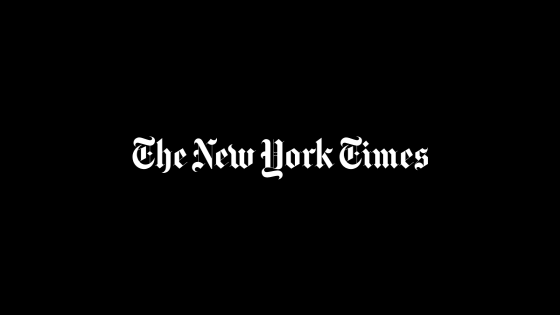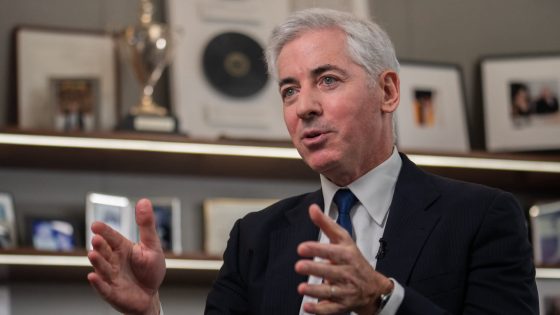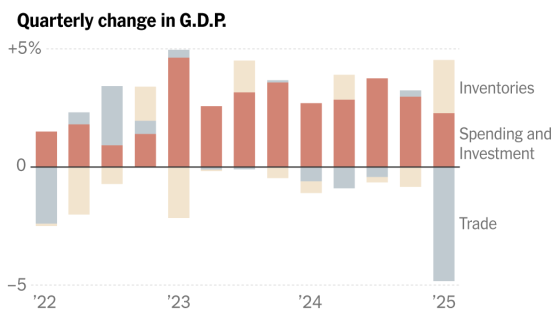Global economic stability is under scrutiny as experts warn about the implications of President Donald Trump’s unpredictable trade policies. On May 8, 2025, University of Michigan economics professor Justin Wolfers highlighted that these policies could potentially trigger a recession.
- Trump's trade policies may trigger recession.
- Families and businesses are financially paralyzed.
- Tariff rates significantly higher than trading partners.
- Economic pain from tariffs increases exponentially.
- Everyday products at risk due to tariffs.
- Best-case scenario: Trump backs off tariffs.
Wolfers pointed out the chaos surrounding tariffs, stating, “We have tariffs, then we don’t,” illustrating the uncertainty that families and businesses face. This unpredictability hampers budgeting and purchasing decisions, leading to a state of paralysis in the economy.
The implications of these trade policies raise critical questions: How long can businesses endure such uncertainty? And what will be the long-term effects on global markets? As tariffs soar, consumers may face rising prices on everyday goods, with U.S. tariff rates now about ten times higher than those of key trading partners.
- Increased tariffs could lead to higher consumer prices globally.
- Businesses may delay investments, impacting economic growth across regions.
- Countries reliant on trade with the U.S. may experience economic strain.
- Global supply chains could face disruptions, affecting product availability.
As nations navigate these turbulent waters, stakeholders must advocate for clearer trade policies to ensure economic resilience and stability in a connected world.

































